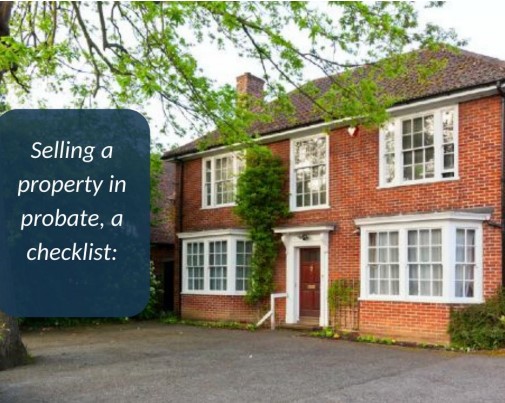Are the self-employed facing an uphill battle to secure a mortgage?
Despite many countries rewarding those in self-employment, the UK appears to be stuck in the past with regard to aiding those financially who choose to be self-sufficient.
Between 2008 and 2015, the number of people who chose to be self-employed had risen from 3.8 million, to 4.6 million. While the government triumphed the news as a sign that the British public were becoming more entrepreneurial, those who have chosen to self-sustain their living costs through their own elbow-grease are finding out that the financial world is not so willing to reward them for their endeavours.
New research from Aldermore has found that two out of three self-employed people believe that their work status is preventing them from securing a mortgage, and that one in three believe they will have to find work with a larger company with a set income in order for banks to look favourably upon them.
A failure to incentivise
In recent years, the Tory government have been criticised for moves that place the self-employed at a financial disadvantage, instead of rewarding them for their empire-building strategy. Last month alone, the government were forced to take an embarrassing u-turn over a planned hike in National Insurance for the self-employed after a rebellion by constituents who quoted an earlier Conservative promise to not raise any National Insurance payments before 2020.
However, with lenders becoming even more strict every year with relation to evidence of earnings, those who suffer from a variable income due to quiet and busy periods throughout the year are being penalised – despite being able to afford the repayments.
Many self-employed individuals believe that the current system whereby workers are rewarded for helping large companies grow even larger for meagre wages is a sign that the government do not believe that having the gall to take a risk and become independent is something that should be encouraged.
Why is it so hard?
Currently, those on a company payroll, in many case, only have to present evidence of one month’s wages to prove their earnings, leading to many workers taking a second job on a temporary basis for the sake of securing a mortgage.
Those who are self-employed, however, are not granted the same favour. In most cases, two to three years of accounts are needed for lenders to approve a transaction – and the approved figure is often an average. If a sole trader makes only £15,000 in their first year, but over £50,000 the following year, a bank may refuse the loan for higher amounts as the mean figure is dragged down.
While certain lenders and banks are beginning to show more mercy for those who choose to be self-employed, the future is still looking bleak in the meantime for those who prefer to work for themselves. And this is bad news for those who are looking to sell their house fast, as it further reduces the pool of potential buyers browsing the market, forcing properties to stay on the market much longer.
Can’t find a buyer? Why not ask National Homebuyers for advice, as we buy any house. Call 08000 443 911 or request a call back to find out how much you could get for your property.






